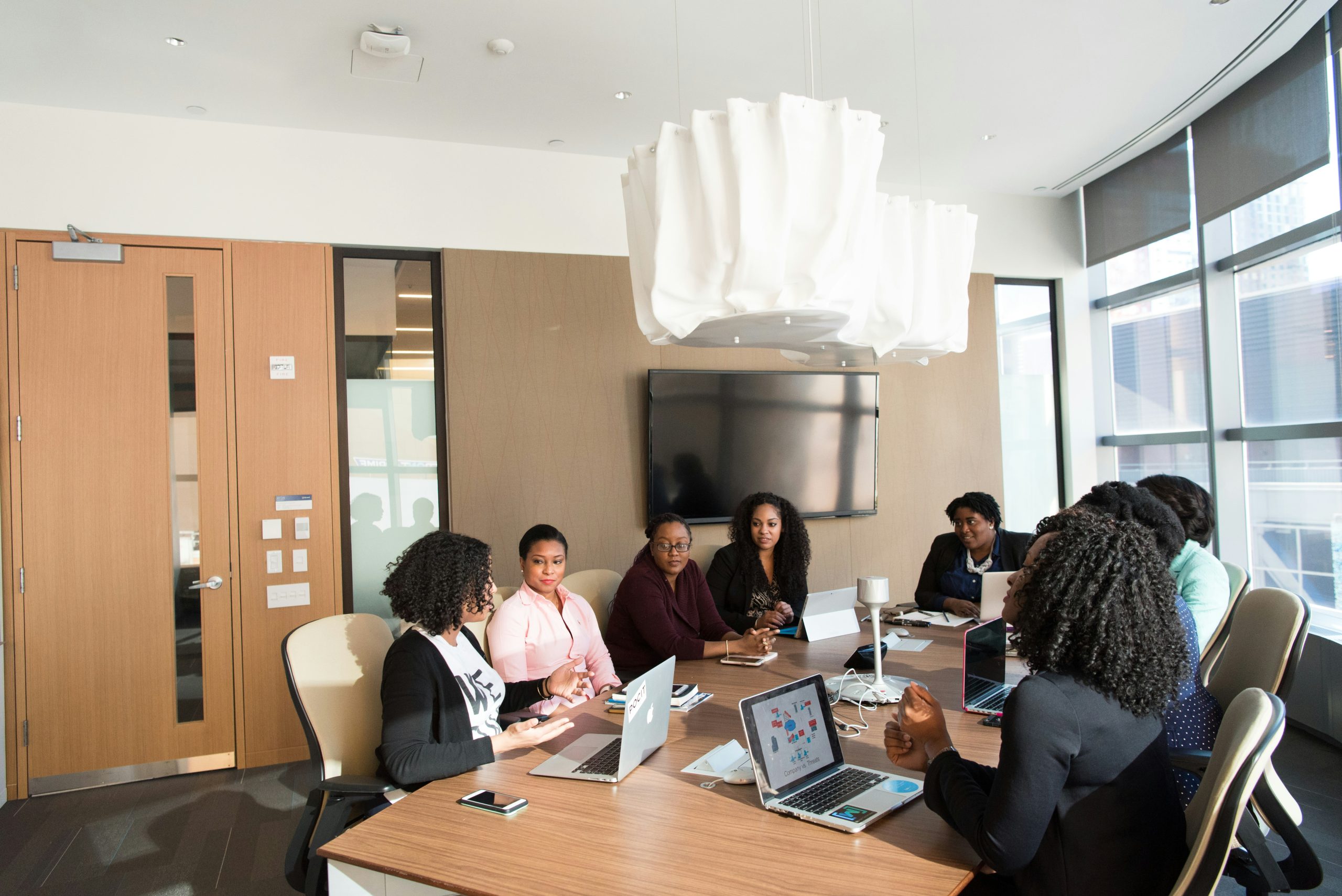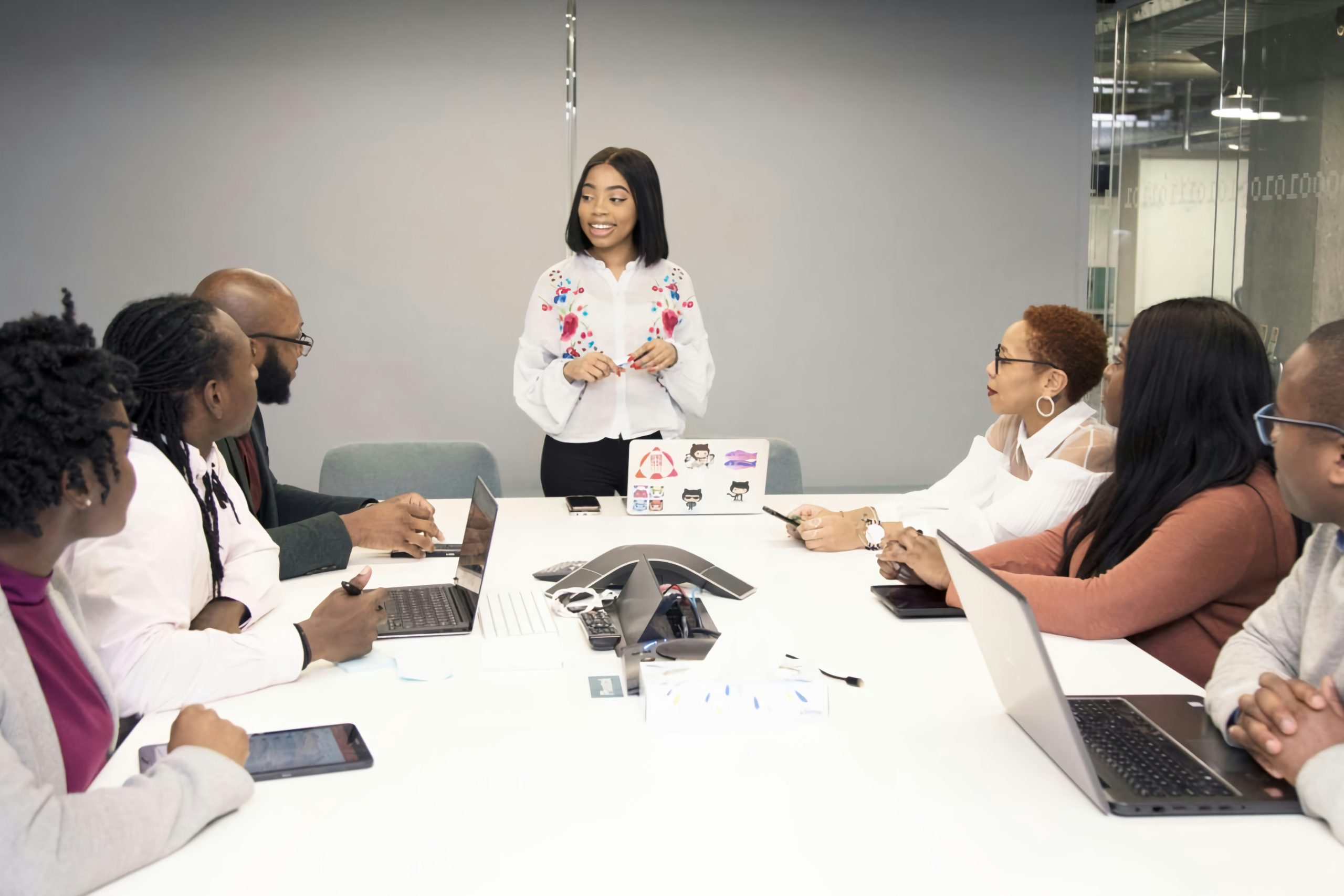For many communications professionals, the focus often leans towards certain skills over others. We love to talk about strategy, crafting and executing campaigns, PR packages, press releases, and CSR initiatives. We love to discuss metrics, outputs, and events. Yet, we sometimes forget that building a successful career in Communications and Public Relations requires more than simply doing your job.
Many young communications professionals enter the workplace believing that their ability to write, edit, create content, or master a few software tools is enough. If you fall into this category, you may just want to do your job and go home. But soon comes the realisation that thriving at work takes much more than ticking off your list of hard skills.
While your qualifications and technical abilities can get you through the door, it takes something else to keep you there and that’s where soft skills come in.
Soft skills are the invisible superpowers that help you work with people, not just around them. They are what make collaboration possible. Every organisation is, at its core, a collection of people working towards shared goals which means people are central to every job.
You will always need to interact with a teammate, a colleague from another department, or a manager — the list goes on. Strong soft skills make these interactions smoother, more productive, and more meaningful.

You could be the most creative person in the room, but if you cannot take feedback, manage your time, or support your teammates, it will ultimately affect your work and professional growth.
Here are five soft skills we think Communications professionals should pay closer attention to:
1. Teamwork and Collaboration
Teamwork is the foundation of every thriving workplace. It requires openly sharing ideas, supporting others, and recognising that everyone brings something valuable to the table. Great team players do not think only of themselves; they act for the benefit of their team and the wider organisation.
While some professionals prefer to do everything on their own, that is not a sustainable way to work. One-person armies can only go so far and achieve so much. To be a successful member of any organisation, you need to celebrate wins together, take responsibility together, and move towards shared goals as a team.
Collaborative teams are often the most creative and innovative. When everyone contributes to the process, ideas can be refined and strengthened through diverse perspectives, leading to outcomes that no single person could achieve alone.

2. Active Listening
Listening goes beyond simply hearing words. Active listening means being fully present in a conversation, understanding what is being said, and responding thoughtfully.
When interacting with teammates or clients, a great deal of information is exchanged through conversation. Active listening ensures you grasp not only the details of what the other person is saying but also the nuances they might not state outright. Cues such as facial expressions, body language and tone of voice all add depth to communication. If you listen while distracted, you are likely to miss important details.
A helpful tip is to take notes during meetings or client calls and share key highlights with relevant parties via email or another official communication channel. This helps ensure everyone is on the same page and allows time for corrections or adjustments if needed. When you listen actively, you build trust, avoid misunderstandings, and make others feel genuinely heard.
3. Conflict Resolution
Conflict is inevitable wherever people work together, but how you handle it makes all the difference. You might find that something you said, or something a colleague did, has caused a rift. While it can be tempting to respond impulsively or speak your mind in the heat of the moment, that rarely ends well.
The way you handle conflict at work can have a lasting impact on your professional reputation and career. It is important to remain professional, even when you feel upset or frustrated. Sometimes employees face consequences not because of the original issue, but because their reaction made the situation worse.
One thing you may come to realise as you build your career is that growth often comes with a great deal of character development. You will sometimes find yourself working with professionals you do not like, or with people who do not like you. This is not the time to take things personally or lose focus on what matters. Instead, it is the time to draw on attributes such as patience and respect, which will keep you grounded during turbulent times. Everyone dreams of working in a peaceful environment, but when that is not your reality, you still need to show up and do your best.
Conflict resolution is about addressing disagreements calmly, seeking to understand others’ perspectives, and focusing on solutions rather than blame. Professionals who can manage conflict effectively often become the peacemakers and problem-solvers every team needs.

4. Time Management
Time is one of the most valuable resources you will ever have. Everything you do at work hinges on time.
Building a career comes with the realisation that meeting deadlines matters and that you often need to juggle several things at once. The only way to do this well is to have a clear plan for how you manage your time. There are many tools and software available to help with time management, but ultimately, the best approach is to think and plan ahead. Having this forward-looking mindset helps you create a more cohesive schedule, avoid clashes, and stay on top of your workload.
Strong time management helps you prioritise tasks, meet deadlines, and maintain balance. It is not about doing more, but about doing what matters most efficiently. Learning to manage your time well demonstrates discipline, reliability, and respect for other people’s time too.
5. Work Ethic
Your work ethic is like your professional signature. It shows in how you approach your responsibilities, how consistent you are, and how you follow through. A strong work ethic means showing up on time, doing your best even when no one is watching, and being someone your team can depend on.
You might have a great personality, but no one wants to work with a colleague who has a poor work ethic. Your actions directly and indirectly impact others within the organisation. With a weak work ethic, you are less likely to be recommended for opportunities, perks, or privileges, and it will show during performance reviews. In some cases, it could even lead to disciplinary action.
Soft skills are what make meetings flow, teams productive, and workplaces thrive. They do not always show up on certificates, but they are evident in how you communicate and interact. So, as you sharpen your hard skills, remember to nurture your soft ones as well. You could take a course or read books to help you understand how to build these skills. Remember that soft skills are the qualities that sustain your growth, strengthen your relationships, and set the tone for your career trajectory.





